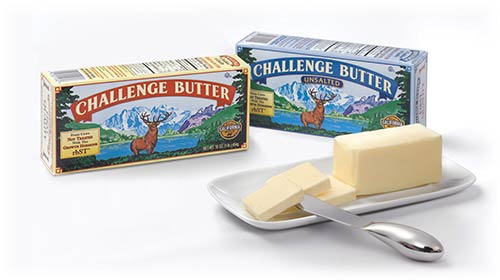egg
egg [egg eggs egged egging] noun, verb [eɡ] [eɡ]
noun
1. countable a small oval object with a thin hard shell produced by a female bird and containing a young bird; a similar object produced by a female fish, insect, etc
• The female sits on the eggs until they hatch.
• The fish lay thousands of eggs at one time.
• crocodile eggs
2. countable, uncountable a bird's egg, especially one from a chicken, that is eaten as food
• a boiled egg
• bacon and eggs
• fried/poached/scrambled eggs
• Bind the mixture together with a little beaten egg.
• You've got some egg on your shirt.
• egg yolks/whites
• egg noodles
• ducks'/quails' eggs
• a chocolate egg (= made from chocolate in the shape of an egg)
see also Easter egg, Scotch egg
3. countable (in women and female animals) a cell that combines with a sperm to create a baby or young animal
Syn: ovum
• The male sperm fertilizes the female egg.
• an egg donor
see also nest egg
more at a chicken-and-egg situation, problem, etc. at chicken n., the curate's egg at curate, kill the goose that lays the golden eggs at kill v., you can't make an omelette without breaking eggs at omelette, sure as eggs is eggs at sure adv., teach your grandmother to suck eggs at teach
Word Origin:
n. Middle English ey Old English ǣg Old Norse
v. Middle English Old Norse eggja ‘incite’
Collocations:
The living world
Animals
animals mate/breed/reproduce/feed (on sth)
fish/amphibians swim/spawn (= lay eggs)
birds fly/migrate/nest/sing
insects crawl/fly/bite/sting
insects/bees/locusts swarm
bees collect/gather nectar/pollen
spiders spin/weave a web
snakes/lizards shed their skins
bears/hedgehogs/frogs hibernate
insect larvae grow/develop/pupate
an egg/a chick/a larva hatches
attract/find/choose a mate
produce/release eggs/sperm
lay/fertilize/incubate/hatch eggs
inhabit a forest/a reef/the coast
mark/enter/defend (a) territory
stalk/hunt/capture/catch/kill prey
Plants and fungi
trees/plants grow/bloom/blossom/flower
a seed germinates/sprouts
leaves/buds/roots/shoots appear/develop/form
flower buds swell/open
a fungus grows/spreads/colonizes sth
pollinate/fertilize a flower/plant
produce/release/spread/disperse pollen/seeds/spores
produce/bear fruit
develop/grow/form roots/shoots/leaves
provide/supply/absorb/extract/release nutrients
perform/increase/reduce photosynthesis
Bacteria and viruses
bacteria/microbes/viruses grow/spread/multiply
bacteria/microbes live/thrive in/on sth
bacteria/microbes/viruses evolve/colonize sth/cause disease
bacteria break sth down/convert sth (into sth)
a virus enters/invades sth/the body
a virus mutates/evolves/replicates (itself)
be infected with/contaminated with/exposed to a new strain of a virus/drug-resistant bacteria
contain/carry/harbour (especially US) harbor bacteria/a virus
kill/destroy/eliminate harmful/deadly bacteria
Example Bank:
• Brush the pastry with a little beaten egg.
• Crack two eggs into the mixture.
• Many reptiles bury their eggs.
• Many women conceive through the use of a donor egg.
• Only one sperm fertilizes an egg.
• Separate the eggs, putting the whites to one side.
• She lays a clutch of four eggs on average.
• The males stay and guard the eggs.
• We're just decorating eggs for the egg hunt.
• a breakfast of bacon and eggs
Idioms: good egg ▪ have egg on over your face ▪ put all your eggs in one basket
Derived: egg somebody on


